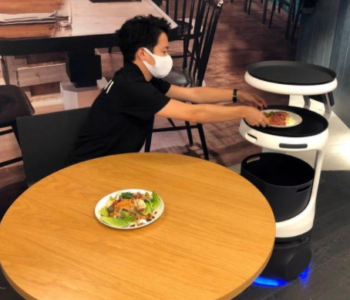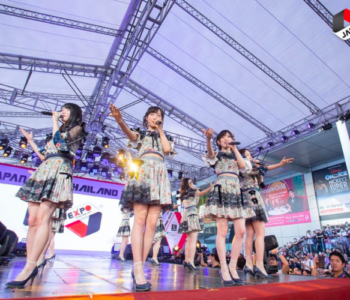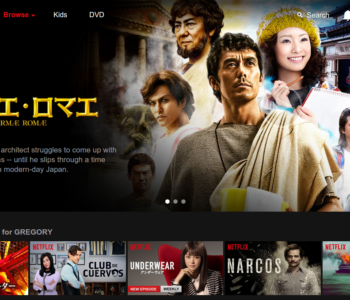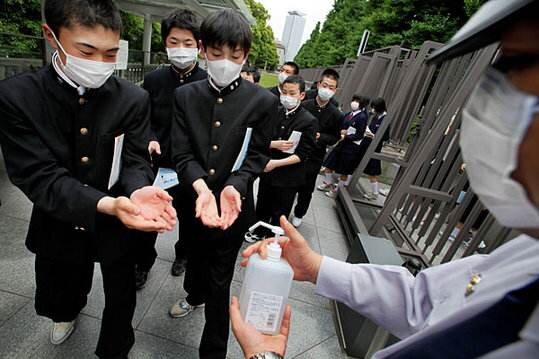 Consumer Insights
Consumer Insights
Change from Crisis? The Reaction to Coronavirus in Japan
By Melissa Francis
Let’s focus on the coronavirus in Japan itself. Being so close to China and relying on Chinese tourism to boost the economy, the outbreak has inevitably had a knock-on effect in Japan. As global pandemics tend to do, coronavirus has given rise to worldwide panic as we continue to find ways of staying safe and work towards developing an effective vaccine. In this article, we outline some of the key happenings related to the coronavirus in Japan and how it has impacted thinking around certain topics.

Schools and Workplaces
It was announced last week that Japanese schools would close for two months in a bid to try and avoid further contagion, and staff at large companies have been told to stagger their working hours so as to not overcrowd public transport services. Thousands of employees at large companies such as advertising agency Dentsu and cosmetics giant Shiseido were told to work remotely instead of commuting to the office at all. Across the board, public meetings and business events have been cancelled, and face masks have been selling out faster than ever before as consumers fumble to stock up. Japan already had a fastidiously high standard of hygiene and cleanliness without a global pandemic to deal with.
Panic Buying
Toilet paper topped the list of items consumers have been panic-buying, along with various dry cupboard foods such as rice and pasta. The misinformation spread via social media caused consumers to assume that stocks would be low, but manufacturers confirmed that because the vast majority of items are made in Japan, distribution would continue as usual and that there would not be any adverse long-term impact to the supply chain.
Protection for Idol Groups and Fans
Widely respected idol groups with hoards of followers in Japan are taking measures to ensure members and fans don’t get sick. Many groups cancelled their shows completely while others like NEWS and SixTONES postponed their shows until a later date.
Respected female trio Perfume performed on 25th February at Tokyo Dome as planned, but the show scheduled for the following day was cancelled due to government instructions. The group was praised for its handling of the situation, even offering full refunds to fans who had expected to attend. Another idol group called ‘20 LOVE to Sweet Bullet’ included a countermeasure when meeting fans by charging extra if they weren’t wearing protective masks during meet-and-greets or photo sessions. This came after having given away 50 free masks at one of their shows in February 2020, knowing that they were selling out quickly and that not everybody would have access to one.
Respect for Customers
One of the most popular forms of gambling in Japan, pachinko parlours have been especially vigilant in taking measures against Coronavirus. Rakuen Group, which operates in various locations across Japan announced on its website that there would be a temporary refrain from advertising its services. It also demonstrated its sense of responsibility by requesting that customers wear masks while using the machines, and that staff would be thoroughly disinfecting the machines routinely to prevent further spread of Coronavirus.
Popular Culture Rebranded as Critique
AKIRA is one of the most renowned anime movies to come out of Japan in the late 80s. It’s futuristic depiction of Neo Tokyo in 2019 went as far as predicting that the host of the 2020 Olympic & Paralympic Games would be Japan. In an iconic sign showing the 147 day countdown to the Tokyo 2020 Games, there’s a message scrawled in spray paint beneath which reads 中止だ中止! (chuushi da chuushi! – “just cancel it!”). #中止だ中止, along with the hashtag #AKIRA were trending on Friday 28th March, 147 days before the Opening Ceremony in light of Coronavirus concerns.
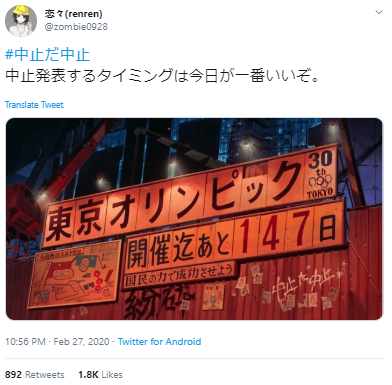
Japan’s most popular instant messaging service LINE offers a wide range of amusing digital stamps that users can send to their friends. These are like advanced versions of emojis and are usually released to commemorate a film, manga or simply use well-loved characters to express emotions with images and sometimes exclamations. Because the Coronavirus is such a huge concern at the moment, it’s even been given related LINE stamps under the title ‘It’s all because of Coronavirus’.
The collection features characters, situations and expressions that summarise how the Japanese population are feeling in light on the outbreak. For instance, something that they had been looking forward to has been cancelled due to the Coronavirus so they want to lament that face, and with LINE stamps being such an integral communication tool in Japan, it seems fitting. Many of them are very tongue-in-cheek and, certainly, on the surface they may seem offensive, but the purpose of these stamps is simply to make light of what is still a very uncertain situation and feel a sense of unity in spite of the Coronavirus outbreak.
Wording on the stamps includes:
- “I’ll never forgive you, Coronavirus!”
- “If you’re feeling better, why not take a trip on a cruise ship?”
- “Let’s work while on the phone”
- “Recommend me a good video to watch”
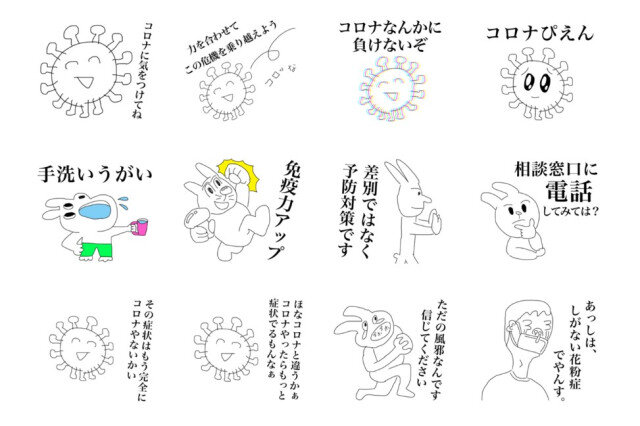
For all its negative points, the outbreak of Coronavirus has given Japanese companies more of an incentive to re-think how to bring remote working more into the mainstream. There were initiatives in place already during the Rugby World Cup last year that saw a proportion of Japanese employees avoiding their usual commute due to a sharp increase in the number of travellers using public transport. Booths, such as Telecube provided by V-Cube Inc. are cheap, compact and convenient, without needing to hot-desk for a day at a coworking space or physically commute to an office. They also work well for making a quick phone call or finishing up an important task in solitude.
Over the past few weeks, with the Coronavirus having instilled fear into people whose working environments are where many others gather, there’s been a growing preference for avoiding crowds wherever possible. But aside from being a temporary measure against the spread of the virus, remote working is also being heralded as a good power-saving solution. For instance, following the 2011 earthquake disaster, the government put in place a “Summer Electricity Supply and Demand Countermeasure” which would see reduced energy output in workplaces if employees adopt a teleworking scheme.
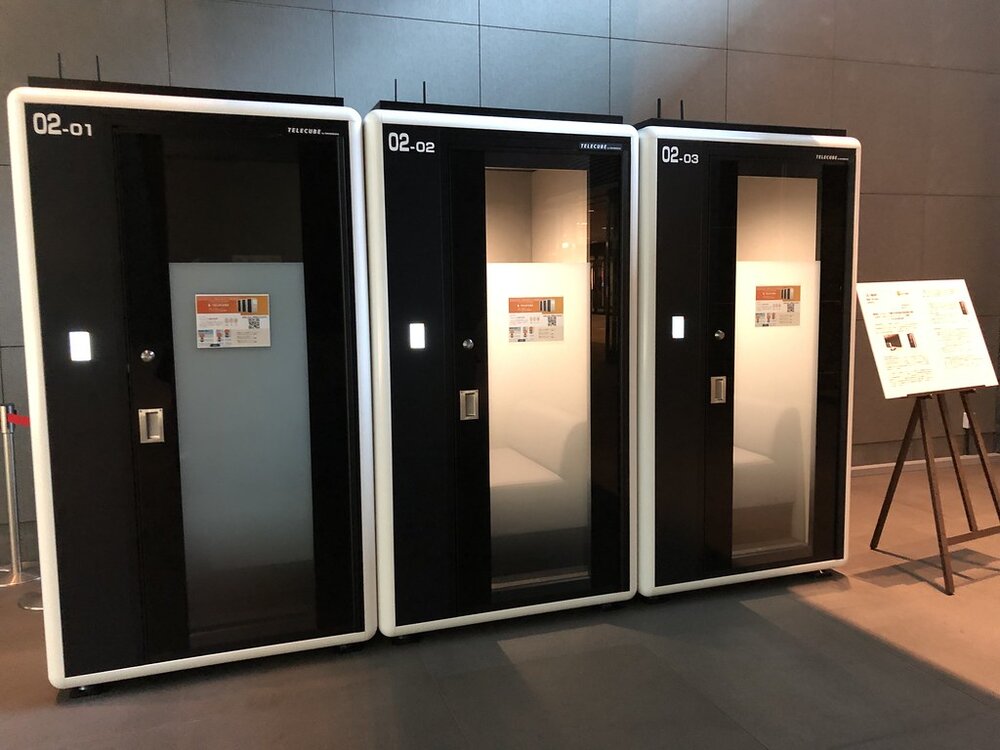
In a 2018 study conducted by the Ministry of Internal Affairs and Communications found that while the biggest motivator for Japanese switching jobs would be the ability to have a side job, a close second (49%) of Japanese workers consider remote working to be the key incentive for changing positions, over and above other benefits including; skill-sharing / work-sharing, fixed retirement age, and a shorter commute time. This demonstrates that although not yet widespread, there remains an appetite for more flexible means of working.
For the past few years since 2017, the Ministry of Internal Affairs and Communications teamed up with Tokyo Metropolitan Government to implement so-called ‘Telework Days’ during specified periods each year. In 2019, this took place between 22nd July and 6th September and participants had to commit to taking a minimum of five remote working days during the campaign running time. As awareness and urgency for remote working has increased over time, so too has interest in taking part in Telework Days. The initial uptake in 2017 was 950 organisations and this rose to 1,682 the following year, with close to 3,000 joining in 2019.
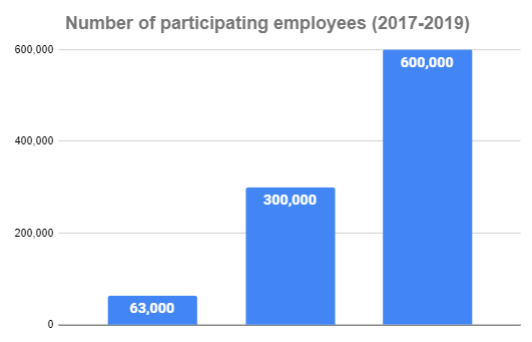
The idea is to encourage employers and employees to consider a different way of working to the norm. This gives them an incentive to adopt, albeit temporarily, a flexible approach—particularly if others from the same organisation are also taking part. With the Tokyo 2020 Games one year away at the start of the 2019 Telework Days, the initiative also enabled participants to do a test run ahead of time.
Now, as the Japanese government attempts to stop the Coronavirus from spreading further among citizens, it’s likely that remote working will become an even more prominent feature of Japanese working life.
Looking for insights on Japanese consumers and industries? Get in touch to chat with a member of the Tokyoesque team today.

